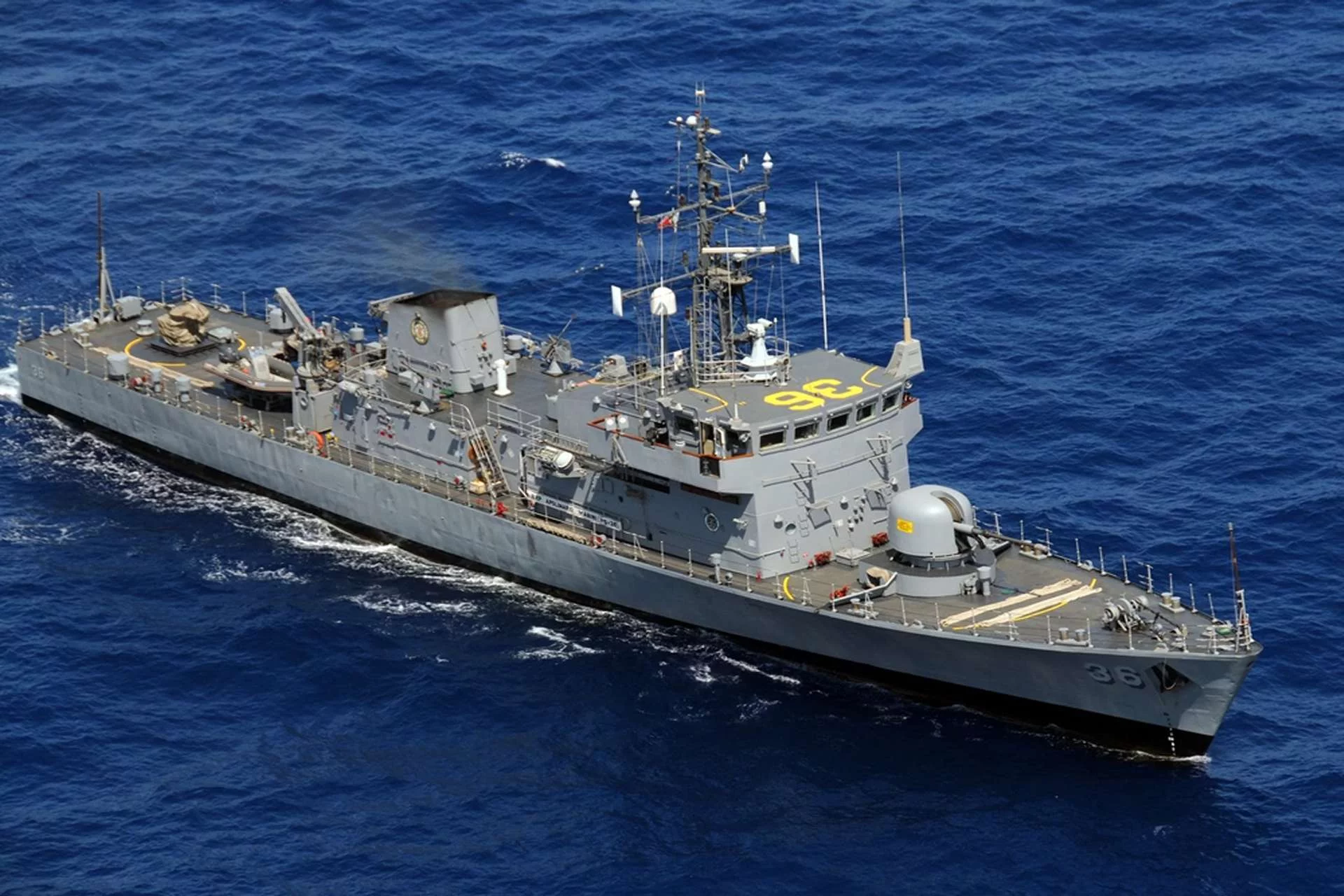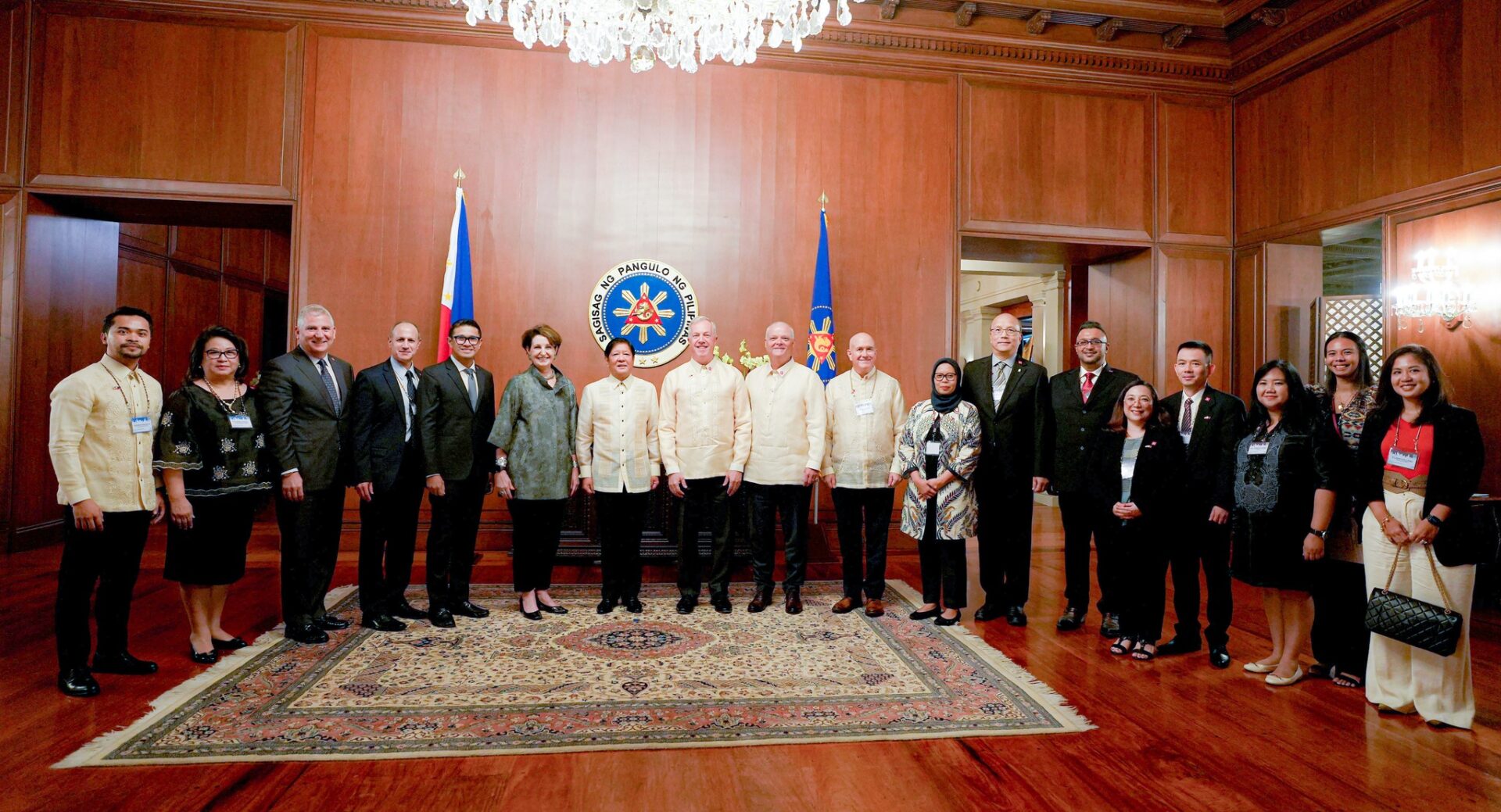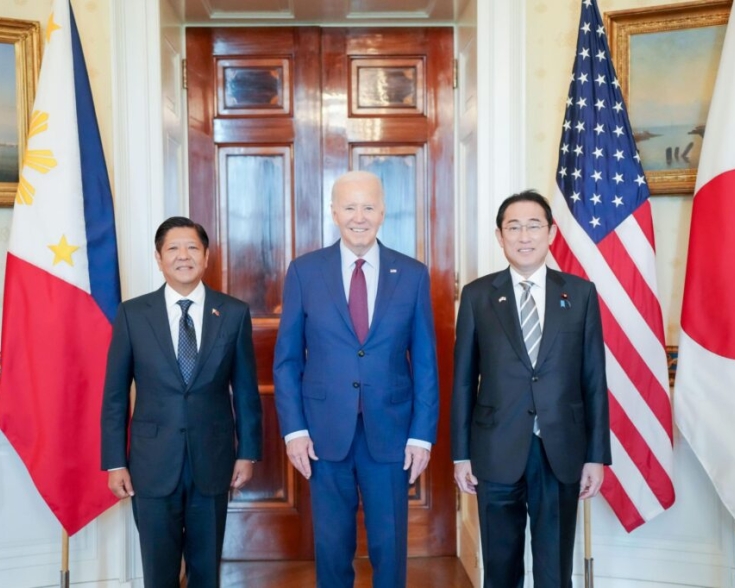Philippines Seeks Defense Spending Overhaul Amid Growing Tensions in South China Sea

On July 29, the Philippines’ Department of Budget and Management announced that it would allocate US $4.38 billion for defense spending in 2025, a 6.4% increase from this year’s budget. Approximately US $3.5 billion will go to ground, air, and naval defense programs, while the remaining US $850+ million will fund special modernization projects for the armed forces. This reflects a shift in the Philippine’s national strategy, in part due to growing maritime tensions with China and subsequent deepening of ties with the United States.
Among the branches, the Coast Guard stands out, as it will specifically see a 6% increase in its budget. This comes at a time when Manila recently reached a “provisional agreement” with Beijing regarding resupply missions to Filipino marines stationed in the Second Thomas Shoal. Despite attempts to defuse escalation and stabilize bilateral relations, both sides have provided conflicting narratives of the agreement, with neither releasing the actual text. This impasse continues against the backdrop of Manila’s growing efforts to seek closer security partnerships with its ally, the United States.
On July 30, the Department of State’s Office of Security Assistance and Department of Defense’s Defense Security Cooperation Agency pledged to provide the Philippines with US$500 million in funding to help modernize the country’s armed forces and adapt to emerging threats. The announcement was made during the recent 2+2 dialogue with Secretary of State Anthony Blinken, Secretary of Defense Lloyd Austin and their Filipino counterparts, Secretary for Foreign Affairs Enrique Manalo and Secretary of National Defense Gilberto Teodoro, Jr. The Foreign Military Financing is accompanied by initiatives such as the Philippines Security Sector Assistance Roadmap (P-SSAR), cybersecurity cooperation, and various other policies designed to strengthen economic resilience.
According to Jose Manuel Romualdez, the Philippines’ Ambassador to the United States, approximately US$125 million of the funding would be used to improve Filipino military bases to host U.S. forces, with potential for funding to be doubled amidst growing bipartisan Congressional support. In addition to the funds, the Biden Administration’s budget request to Congress includes an additional US$128 million for infrastructure projects related to the Enhanced Defense Cooperation Agreement (EDCA), which allows for American forces to utilize facilities provided by the Philippines Armed Forces.
The funding will allow the two countries to achieve several strategic objectives, including boosting Manila’s external defense capabilities and strengthen the bilateral alliance in the face of any potential unlawful aggression in the South China Sea. Notably, the internal increase in defense spending combined with the external support from Washington will enable Manila to better implement its “Re-Horizon 3” Initiative, which specifically aims to improve archipelagic defense capabilities with a focus on strategic acquisitions. In addition to aircraft and radar systems, naval assets, including offshore patrol vessels, missile corvettes, interdiction boats, pitch propeller systems, and tactical airlifters are expected to be prioritized.
Long-term challenges to Manila’s plans remain, particularly on funding. Domestically, a weak economic performance may hinder attempts to increase defense spending. Re-Horizon 3 itself is the revised third stage of a 3-step defense modernization program, adjusted to reflect new cost burdens. It was also delayed a year behind its original schedule, casting doubts on the country’s ability to finance its plans. The impact of the U.S. presidential and congressional elections in November 2024 may also influence future U.S. funding; despite bipartisan support for the aid delegated to the Philippines at this time, recent opposition by the Republican Party leadership on foreign aid implies that this consensus can easily change and move more in the direction of transactional diplomacy in the face of a Republican victory, particularly for the White House.







